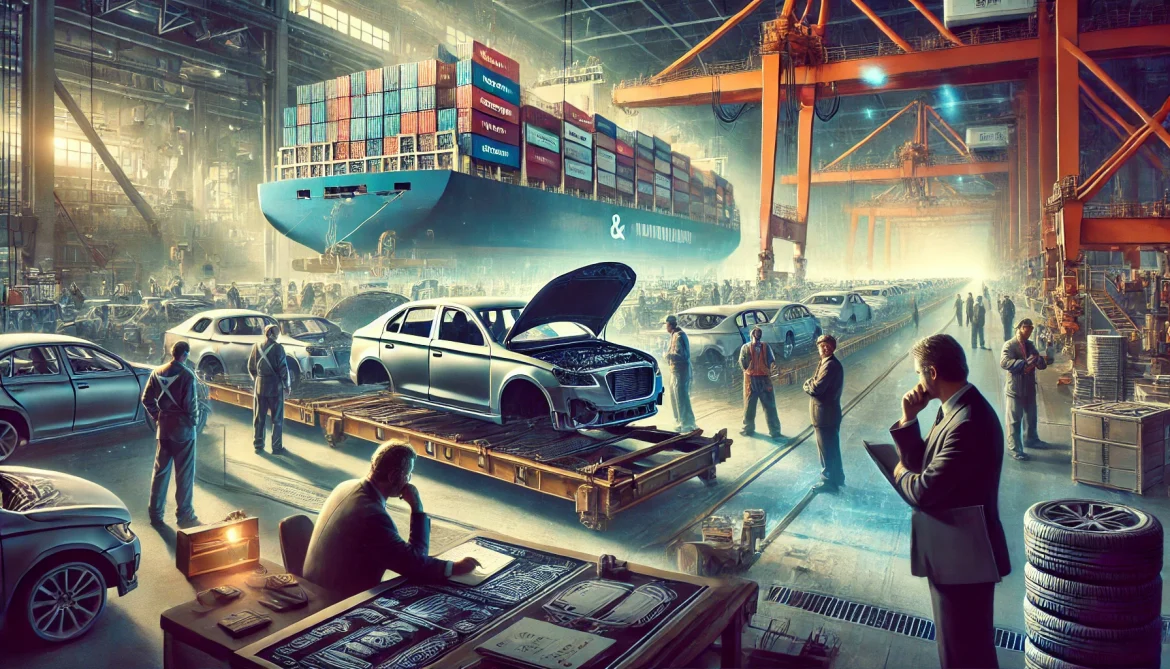In Detroit, Michigan, President Donald Trump’s recent imposition of 25% tariffs on steel and aluminum imports is causing significant disruption within the U.S. automotive sector. Industry leaders, including Ford Motor Company CEO Jim Farley, express concerns over the escalating costs and operational challenges resulting from these trade policies.
Jim Farley highlights that the tariffs are adding substantial costs and creating considerable uncertainty across the industry. He emphasizes that the 25% tariffs on steel and aluminum imports, along with potential levies on automotive parts from Mexico and Canada, are particularly troubling. Farley warns that these measures could severely impact the U.S. auto industry, potentially benefiting international competitors from South Korea, Japan, and Europe.
The automotive industry relies heavily on a complex, integrated supply chain that spans North America. Key components often cross multiple borders during the manufacturing process. The newly imposed tariffs threaten to disrupt this system, leading to increased production costs and potential delays. Analysts predict that these added expenses may be passed on to consumers, resulting in higher vehicle prices and a potential decline in sales.
Industry executives are actively seeking strategies to mitigate the impact of these tariffs. Some companies are considering adjusting their supply chains, increasing inventories, or passing costs onto consumers. However, the uncertainty surrounding the implementation and duration of these tariffs complicates planning efforts. The situation is further exacerbated by the potential for retaliatory tariffs from trade partners, which could lead to a broader trade conflict affecting various sectors of the economy.
The tariffs are part of President Trump’s broader strategy to bolster domestic industries and address trade imbalances. However, the immediate effects on the automotive sector appear to be challenging, with increased costs and operational disruptions posing significant hurdles. As the situation evolves, industry stakeholders are closely monitoring developments and advocating for policies that support the competitiveness and stability of the U.S. automotive industry.
Source Links:
- Ford’s CEO says Trump’s tariffs are causing chaos and could be devastating to the auto industry
- This is why Trump’s tariff plan has upended the car industry, and it’s not over yet
- Executives plot strategy to deal with ‘cost and chaos’ of Trump tariffs



